Tagore Philosophy of Education:
Harmony with all things- One of the basic principles of the philosophy of Tagore is ‘harmony with all things’- harmony with nature, harmony with human surroundings and harmony in international relations. According to him, the highest education is that which makes our life in harmony with all existence. His philosophy of education is based on naturalism, humanism, idealism and internationalism.
Principles of Freedom- Tagore was the ardent exponent of freedom for children. He believed that children should be brought up and educated in an atmosphere of freedom and liberty. Restrictions should not be imposed on children. Tagore remarked, “Education has its only meaning and object in freedom- freedom from ignorance about the laws of universe and freedom from passion and prejudice in our communication with the human world”. Tagore was not in favour of a conventional and sophisticated type of school. Natural surroundings will enable the child to develop in a natural way. The great advantage of freedom is that the child will develop a love for nature and finally love for knowledge. After gaining knowledge he will realize his life with ripened wisdom.
Principle of creative Self-expression- Tagore held that education should promote creative self-expression. For achieving this purpose, Tagore assigned an important place to arts, crafts, music, drawing, dancing and dramatics in his scheme of education. He stated, “Handwork, music and arts are the spontaneous overflows of our deeper nature and spiritual significance”.
Active communication with Nature and Man- Tagore finds a fundamental unity between man and nature. The child’s education must be organized in natural surroundings. It will help the child in developing the power of communication with nature. Tagore believed that there is a spiritual relationship between nature and God, nature and man and hence between man and God. He remarked, “We should have the gift to be natural with nature and human society”.
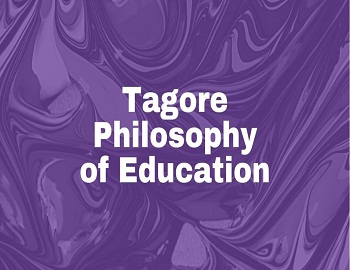
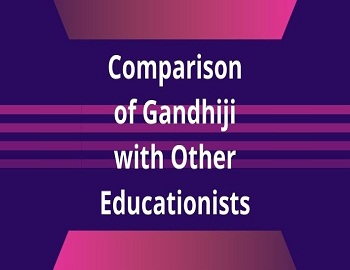

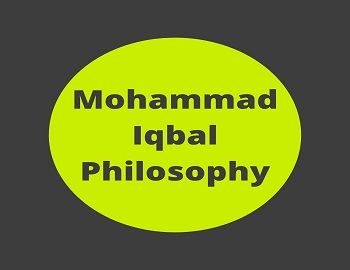
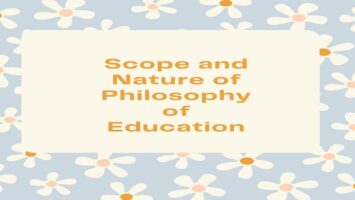
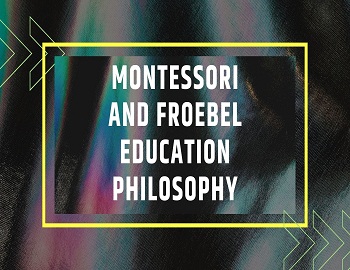

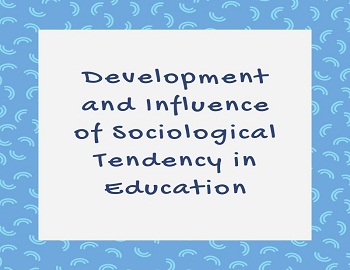
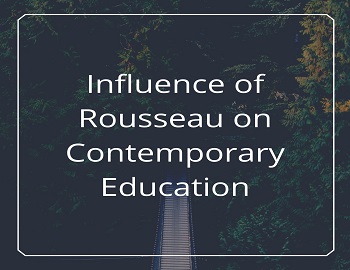
Comments (No)